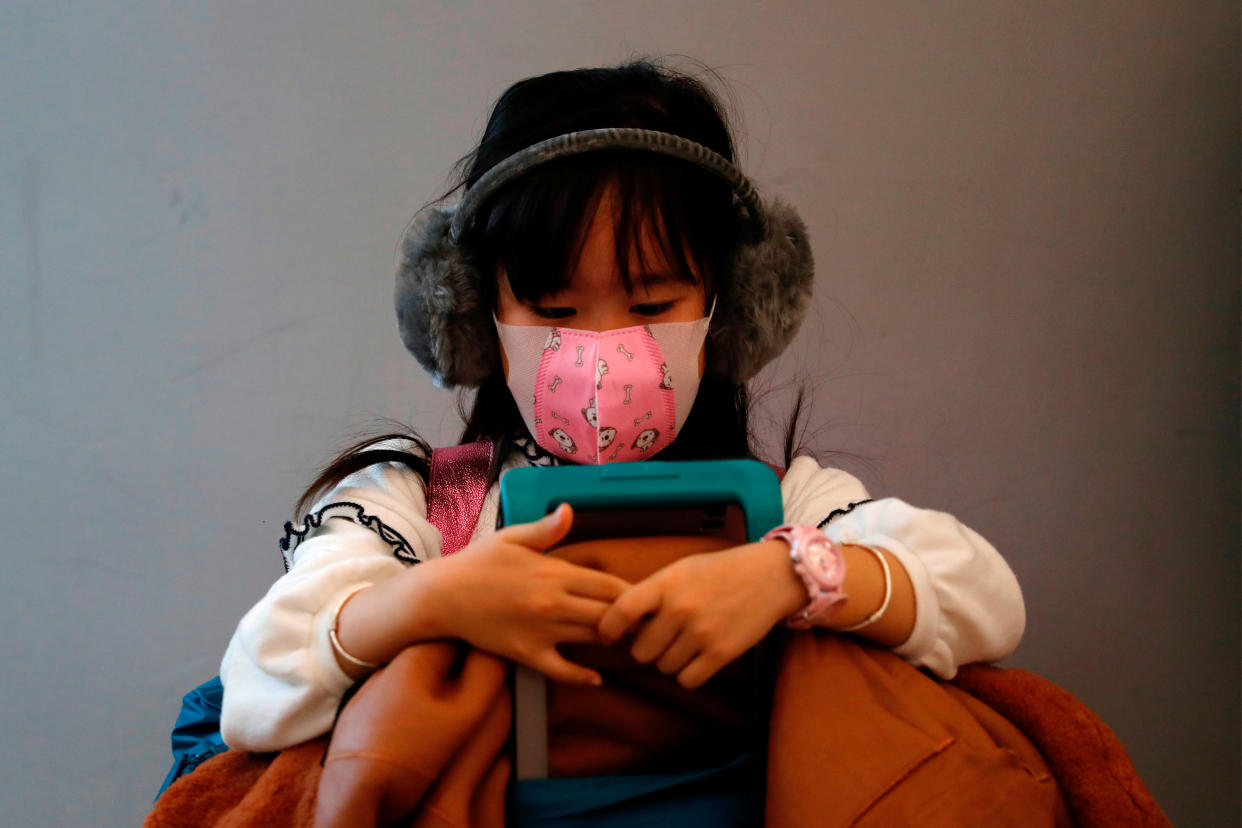Who is most likely to catch China's coronavirus?

China’s coronavirus is spreading fast, with cases rising “by the minute”.
The death toll stands at 18, with all fatalities occurring at the epicentre of the outbreak in Wuhan, the capital of Hubei province.
READ MORE: How did China's coronavirus outbreak start?
The previously unknown strain has reached major cities like Shanghai and Beijing, as well as crossing international borders.
The US, Japan, South Korea, Thailand and Taiwan have all confirmed cases, while four suspected sufferers are being tested in Scotland.
Chinese authorities state 630 people are battling the virus, however, one expert claims numbers could be as high as 9,700 in Wuhan alone.
Who is most likely to catch the new coronavirus?
The new strain, 2019-nCoV, has the potential to infect anyone.
“Novel viruses spread much faster because we have no immunity,” Professor Neil Ferguson, from Imperial College London, said.
China's National Health Commission announced the youngest victim to date was 48 and the eldest 89.
READ MORE: China's coronavirus could have same death rate as Spanish flu pandemic that killed 50m people
Most were elderly and suffering other health issues, like Parkinson’s or diabetes, it added.
2019-nCoV is thought to be the seventh strain within the coronavirus class that can infect people.
Others include the mild common cold and the life-threatening severe acute respiratory syndrome (Sars).
These tend to only trigger serious complications - like pneumonia or bronchitis - in the elderly, young or those with pre-existing medical conditions.
READ MORE: Billions of journeys to celebrate Chinese New Year raise fears coronavirus will spread worldwide
Sars made headlines in the early 2000s after 774 people died across dozens of countries.
Another strain is Middle East respiratory syndrome (Mers), which kills around three or four in every 10 patients, according to the Centers for Disease Control and Prevention.
When it comes to coronaviruses in general, “young children are most likely to get infected”.


